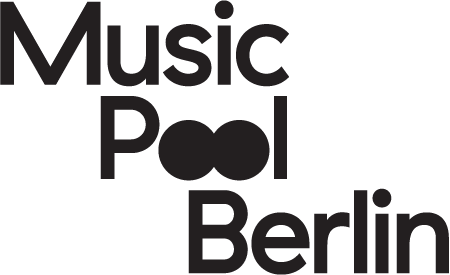What are the rules for busking in Berlin?
BVG (Berliner Verkehrsbetriebe) allows busking under certain conditions and at certain places in the connecting tunnels of the subway network (busking in the trains is prohibited!). The permitted places are marked in the subway stations. However, a permit must be obtained for this.
"On the scale into the underground. Playing music in Berlin's subway stations has a long tradition. BVG permits music-making at a reasonable volume at selected locations in the connecting tunnels of the subway, subject to certain conditions. Making music is not permitted in subway trains. Currently, no music permits are issued due to Corona infection control. We thank you for your understanding! The permit is available here: BVG customer office (Increased transport fee ticket checks) An der Michaelbrücke 10179 Berlin (entrance at the back of the building) Wednesdays from 7-11 am The permit costs 10 euros per day. Since 01.01.2019, it no longer includes a driving permit. For music groups with up to three people, a music permit is sufficient.
For information: guitar, keyboard, accordion, harmonica, violin, viola, cello, double bass, harp, balalaika, melodica, tambourine, xylophone, flute, pan flute, clarinet, didgeridoo and singing are allowed. The use of sound reproducing devices is also allowed. Music may be played at normal volume. Permits for brass instruments will not be issued."
https://unternehmen.bvg.de/filmen-fotografieren-musizieren/
For live music on forecourts or in stations of the Berlin S-Bahn, a permit from the station management must also be applied for in advance.
General contact:
Customer telephone: +49 (0)30 297 - 43333
Permitting / approving street music in public spaces is the responsibility of the individual districts.
Here you can find a list of the respective public order offices of the districts: https://service.berlin.de/standorte/ordnungsaemter/.
For permission to street music please ask the respective office of the district what the current regulations, costs u. permitted places are and how to apply for a permit.
General Principles:
Street music should not be "disruptive." The Senate Department for Health, Environment and Nature Conservation has summarized what exactly is meant by this in an orientation framework for the most important principles.
No "significant disturbance" is to be assumed if:
• unamplified instruments are used and if the performance occurs during the hours of 8:00 a.m. to 1:00 p.m. and 3:00 p.m. to 8:00 p.m, does not affect a place of immission for more than 60 minutes,
• maintains a distance of 20 m from the nearest residential building and 60 m from sensitive facilities, such as hospitals and retirement homes,
• does not take place in the immediate vicinity of a church during a service, and
• Is not performed in a location that is visible from a school during school hours."
A "substantial disturbance" may exist if, for example:
• Particularly loud musical instruments are used (e.g. trombones, trumpets, timpani, drums), so that the permissible immission guide values (also for the peak level) according to No. 6.1 TA Lärm are exceeded,
• A larger number of persons participate in the musical performance, or
• Other local or temporal circumstances make the street music appear to be considerably disturbing.
Lobbying for street music is organized by Berlin Street Music and Save Mauerpark.
Whether a "significant disturbance" exists is always decided on a case-by-case basis. Berlin Street Music has compiled additional rules and restrictions.
Furthermore, every year on June 21, as part of the Fête de la Musique, there is the opportunity to make music outdoors under certain rules.
Important: in every city there are different rules for street music. At BackstagePro there is more information about this.
More help and information:
www.berlinstreetmusic.com
www.savemauerpark.de
www.fetedelamusique.de
Article BackstagePro (only in German)
